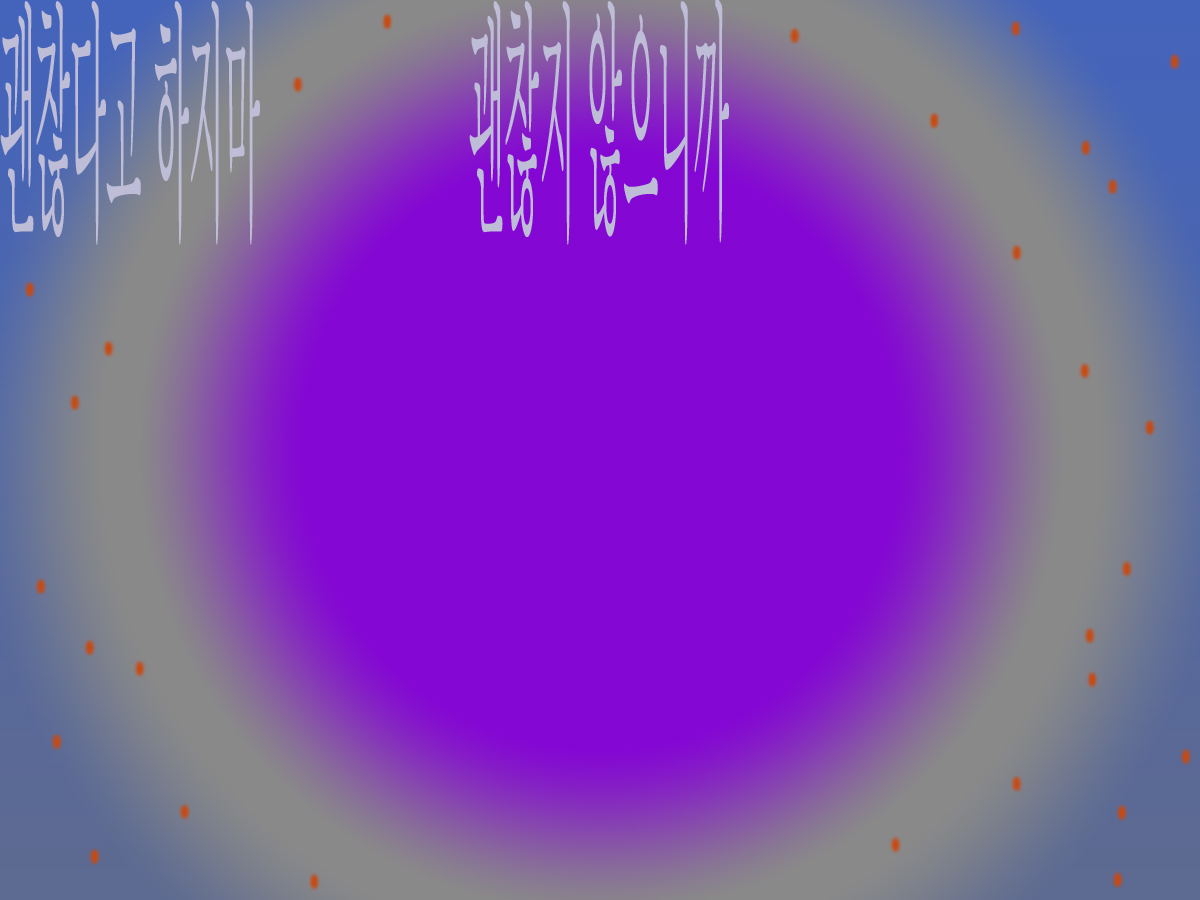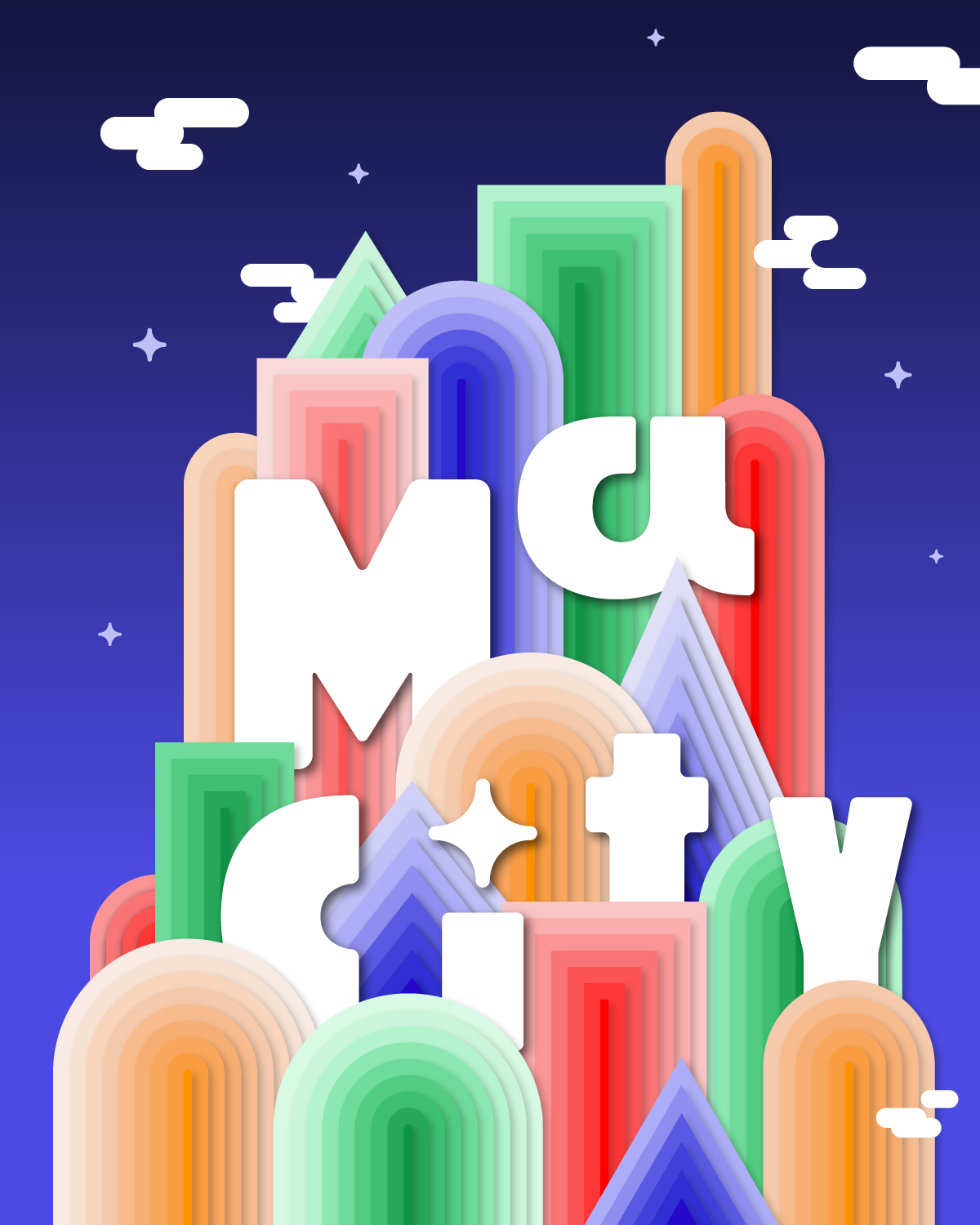The song “Ma City” off BTS’s 2015 album The Most Beautiful Moment in Life, Pt. 2 is all about the members’ hometowns. It’s full of their memories and impressions of four cities: Ilsan, Busan, Gwangju and Daegu. Ilsan has its small, cozy Lake Park, while Busan has an ocean view that stretches out to the horizon beneath the blue sky. The members also reveal their love of their hometowns by referencing Korean professional baseball teams: for j-hope, it’s “KIA,” meaning the KIA Tigers; for SUGA, his “blue blood,” an expression fans use to show their pride for the Samsung Lions.
Even before the release of “Ma City,” the group released other songs about their hometowns, like “Paldogangsan,” from the group’s album O!RUL8,2?, and “Where You From,” off Skool Luv Affair. If “Paldogangsan” describes their group as individuals who came to Seoul from different regions to form one team (“From Seoul to Gangwon, Gyeongsang-do / Chungcheong to Jeolla / Tell them that we have come”), “Where You From” alludes to how each member, who grew up in different places, loves the harmony they have when they unite as one (“I’m from Busan, and you’re from Gwangju / But we’re the same”). And in “Ma City,” each member’s hometown is a point of origin that they can verify their own identities with. They had “a big dream to be a singer” and, at the time they recorded the song, were “rushing to the music and stage for real.” When they feel they’ve been “running for a long time” like that, they ask themselves “Where You From” and look back to their hometowns: “when I feel like I’m losing myself / In that place, I find my old faded self.” BTS’s songs about their hometowns also allowed them in those early days to introduce themselves, build relationships with others and, consequently, explain who they are through the question, “Where You From.”
According to Adam Bradley, author of Book of Rhymes: The Poetics of Hip Hop, “rappers created a self-fulfilling prophecy: by taking pride in where they were from, they gave where they’re from a reason to be proud.” In his book, the literary critic and English literature professor describes how rappers from Brooklyn and Queensbridge “usually start by telling you where they’re from.” He writes that this “also drew from a deeper, more sustaining source: the desire to have pride in one’s community, even if—especially if—that community was denigrated by outsiders.” SUGA similarly starts by rapping self-deprecatingly in “Ma City” (“Honestly, there’s not much about Daegu to brag about”), but this actually leads him to put more emphasis on the pride he has for his hometown (“There’s nothing to brag about, so I can’t help but feel proud, right?”). Korea’s situation isn’t exactly the same as the one Bradley describes in the US, which he says reflects “deep-seated rivalries across and among New York’s boroughs.” But according to the 2015 Culture & Arts Yearbook published by Arts Council Korea, the distribution of cultural art activities held by region as of 2014, including performances and exhibitions, when Seoul is fixed at a baseline of 600, was only 149.2 for Gyeonggi, 106.4 for Busan, 63.7 for Daegu and 47.1 for Gwangju. And herein lies the basis for the members of BTS to have left their hometowns for Seoul in search of their dreams. Compared to other areas, Seoul has vastly more opportunity to pursue cultural and artistic work. SUGA’s lyrics, “My birth in itself is Daegu’s pride,” serve both to express his confidence in his skills as a rapper as well as to let the world outside Daegu know where his identity is rooted.
BTS’s intentional use of dialect in “Paldogangsan” and “Where You From” clearly illustrates the relationship between a person’s identity, birthplace and language. By using dialects, each member expresses their individuality in ways that wouldn’t be possible with only the “modern Seoul dialect widely used by educated individuals” (Standard Language Regulations, paragraph one). At the same time, they’re showing how a language with distinct regional characteristics can in fact become an approach for how to understand one another. In “Paldogangsan,” they ask, “ ‘Gyeongsang-do is tough’? Says who?” to single out the conventional wisdom that people from Gyeongsang-do are unyielding and eccentric, and the outburst of, “Come on, bro, we have that too,” acts as a reminder that there are areas outside of Seoul with their own characteristic ways of speaking and cultures. And as in the lyrics, we’re “looking at the same sky” and “everyone is awesome”—in other words, pride in your own hometown translates into respect for other peoples’ hometowns, too. This is connected to the composition of “Where You From,” where the boys start by competing for the affections of listeners by using regional speech patterns, but becomes a display of love and harmony (“Even here in Seoul, even there on Jeju Island / Everyone’s in love”). Everyone can be united by love, but it starts with respecting each other’s unique identity.
More than a simple reference to the history and tragic events that took place in Gwangju, j-hope’s lyrics in “Ma City”—“If you wanna see me, get together at 7:00 / Everybody dial 062-518”—carry additional meaning. He follows mention of “7:00,” a demeaning expression used mainly in far-right communities, by bringing up the May 18 Democratic Uprising. By denouncing the regional discrimination that he and his peers regularly see on the Internet, j-hope shows that the Uprising must not end up as just some distant historical event. By using your hometown dialect like this, the mere act of revealing “Where You From” amounts to speaking about history. This explains why he raps with a Jeolla-do accent while living in Seoul. When j-hope appeared on KBS News 9 last September, he said, “Being able to tell the stories that we want to through music is in itself such a great honor as artists. In my case, I felt it was a part of history that we should never forget. And I thought it was good to express that through my music,” referring to the lyrics to “Ma City.” In the song, people who grew up outside of Seoul eliminate prejudices they might have about one another by letting them know where they’re from (“Come to ma city / Take a good look / Know how to party”). BTS find a way to enjoy the party together while maintaining their personal identities with all their special qualities. That’s likely why “Ma City” opens with the words, “Wherever you live / Wherever I live”: No matter where you live, you have to get rid of your misunderstanding and marginalization of other regions in order to come and go to other places from “Ma City.”
Six years after the release of “Ma City,” so much has happened as a result of the song that it feels like a direct response from society. Together with the group’s influence, BTS’s songs narrow the psychological gap between the listener and numerous regions. BTS’s fanbase ARMY attends “fan tours,” visiting places like Daegu and Gwangju, and conducts donation drives for social causes in various regions through social media, including construction projects and child assistance. Kim Yongman, a spokesperson for Gwangju City Hall, acknowledges that “Gwangju is well known for the May 18 Democratic Uprising, and it’s true that there used to be a preconception that that painful history and its victims could make it difficult to have a fun time when visiting here,” but “it’s encouraging to hear that people from across the world are curious about Gwangju tteok-galbi,” or grilled short rib patties. “It’s also remarkable that Gwangju, the home of our voice, has become so well-known through BTS’s music. I hope people will continue to accept us with the same warmth and kindness.”
Songs that build interest in other regions help people to overcome their differences and find solidarity with one another. In January, the worldwide BTS fan account BTS Book Club, which has more than 30,000 followers, held an online discussion after reading Han Kang’s Human Acts. The novel explores the Gwangju Uprising and the lives of those who live on afterward. RM had previously recommended Human Acts on V LIVE. Tragedy like the Uprising, says RG, one of the Book Club’s administrators, “was familiar to some ARMY and unfamiliar to others, but when I witnessed the US Capitol riots in January, I realized that what happened in Gwangju could happen anytime, anywhere and to anyone.” It reminded one ARMY from Oman of the Arab Spring of 2011, and another from the Philippines of the People Power Revolution that took place in 1986. The admins stress how “yet again we’re made to realize that it’s wrong to treat one incident as something we alone experience. We also came to have a greater appreciation for how active BTS is in supporting social causes and can now support them ourselves. … Not only did it help us understand the context behind the lyrics to ‘Ma City,’ but thanks to BTS we were able to broaden our view of the world.” Those who heed the message in “Ma City” ensure that the song lives on. That’s the power of the song: It starts from an exploration of hometowns, then connects listeners to the histories of all the people around the world who are listening too.
Unauthorized reproduction and distribution prohibited.
- How BTS sings of healing the mind2021.02.01

- Fans, Their Voyage in the room2021.03.16

- K-food for all!2021.03.31

